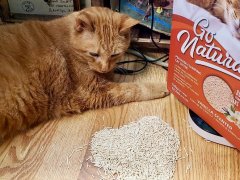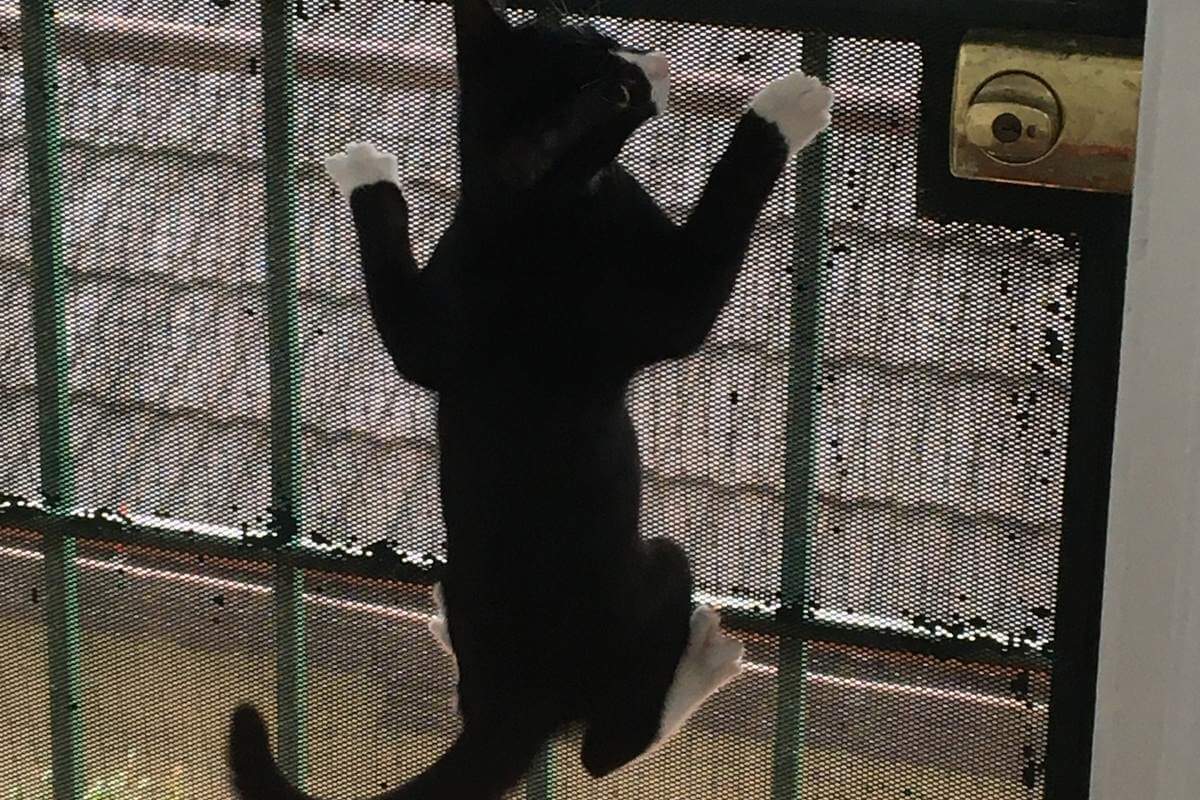
Melina Grin / Cats.com
Kittens are adorable additions to any home. They provide hours of endless entertainment and fun. Kittens are the most curious creatures and will find every nook and cranny in the house to explore. This curiosity is precisely why it’s important that you kitten-proof your home with there is a new kitty around.
Kittens often find themselves getting into situations that are potentially dangerous and unsafe. So while getting a kitten can be an exciting time, there are some precautions that you need to take. We’ll talk through some simple steps on how to kitten-proof your home before you get your kitty.
Kittens are curious creatures and can get up to all kinds of mischief! Taking steps to kitten-proof your home will keep your kitties safe. Keeping food, items, plants, and access to potential hazards locked away from a kitten will help them transition safely to life in their new home with you. Keeping a watchful eye on your kitten and taking them to their frequent veterinary check-ups is an important part of responsible pat care.Key Takeaways
12 Simple Steps to Kitten-Proof Your Home
Kitten-proofing your home is essential before you allow your new kitten to explore it. This is because kittens (similar to small children) will explore everything in your home. They don’t know what’s safe and what’s not. It’s up to us to make sure that their environment is safe and free from anything that could be harmful. We have some simple steps to help keep your kitten safe.
1. Keep Food Items Out of Kitten’s Reach
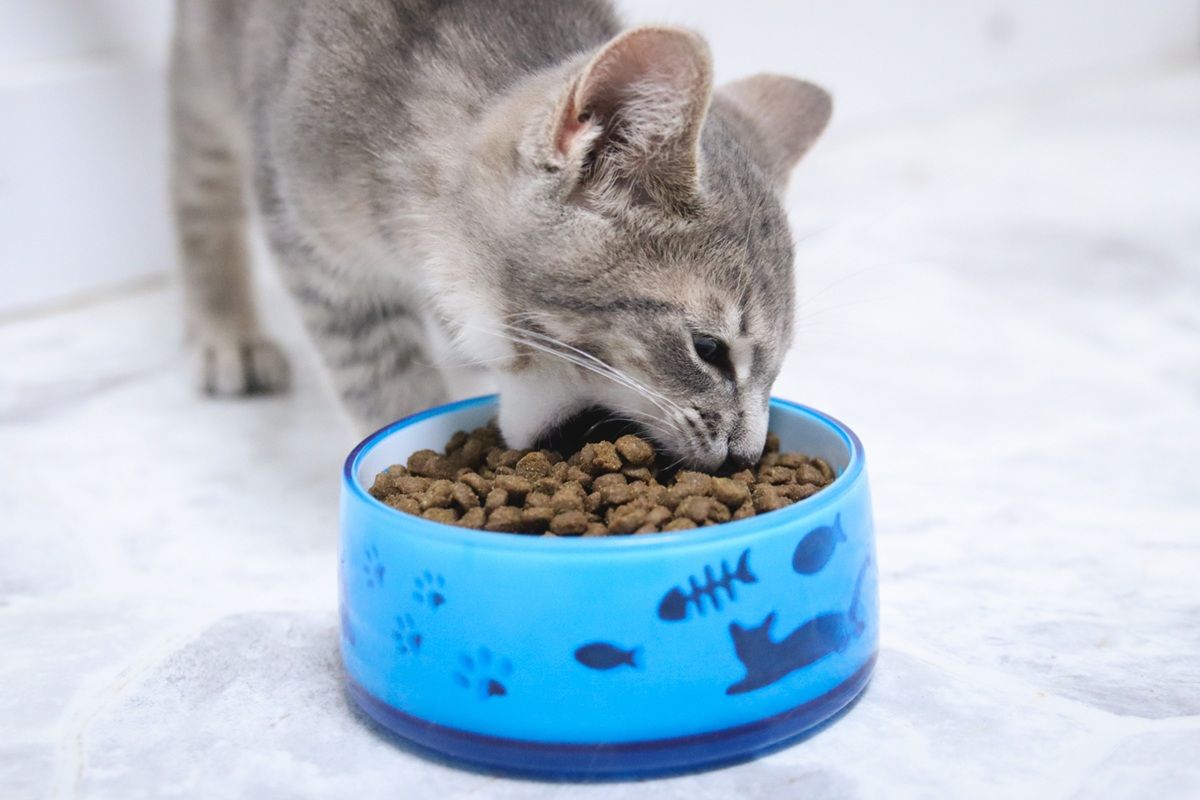
Kittens are very curious and will try new foods, even if they aren’t fit for kittens to eat. Kirsten McCarthy / Cats.com
Cats are carnivores and adult cats will eat cat food and bits of meat. Kittens, however, will eat nearly anything because they’re exploring different tastes and textures. Some human foods can be quite harmful to kittens and could even cause serious (if not fatal) damage. Foods to avoid include;
When you kitten-proof your home, you need to make sure that food is put away promptly. Tables and countertops should always be cleared away after eating with unwanted food disposed of in garbage cans that are kitten-proof. Child-proof locks can be used to prevent cupboard access.
If you have young children, monitor them while they’re eating to ensure that they don’t feed the kitten food that could be harmful. If you think your kitten has ingested one of the harmful foods above, contact your veterinarian immediately.
2. Avoid Sharp or Small Objects
Kittens will play with anything within their reach. This includes very small or sharp objects that aren’t edible e.g. small plastic toys, safety pins, hair ties, rubber bands, glass, needles, and ornaments. Unfortunately, they can sometimes swallow these objects. If the item is large enough, it can cause an obstruction in the intestine which could require surgery. Smaller items can cause tummy upsets and vomiting.
Make sure that any potentially harmful objects are kept locked away when you kitten-proof your home. Keep floors and countertops clear and ensure that your bin is kitten-proof. Take care with cat toys, as some can break into small, sharp, harmful pieces. It is a good idea to supervise your kitten when they’re playing. Never use string/yarn/thread as a toy with your kitten as this can cause a very serious intestinal blockage if swallowed.
3. Minimize Risk of Electrocution
Kittens love to play with electric cords and plug sockets. Keep this in mind when you kitten-proof your home. Electrical cords pose a real risk of electrocution. We need to implement safety measures to prevent this. Use baby plug inserts into sockets and tidy any electrical cables away.
Electrical wires and cables can be encased in plastic containers that are secured to the wall. Unplug any electrical items that you aren’t using and roll up the electrical wires.
4. Introduce Other Pets Slowly
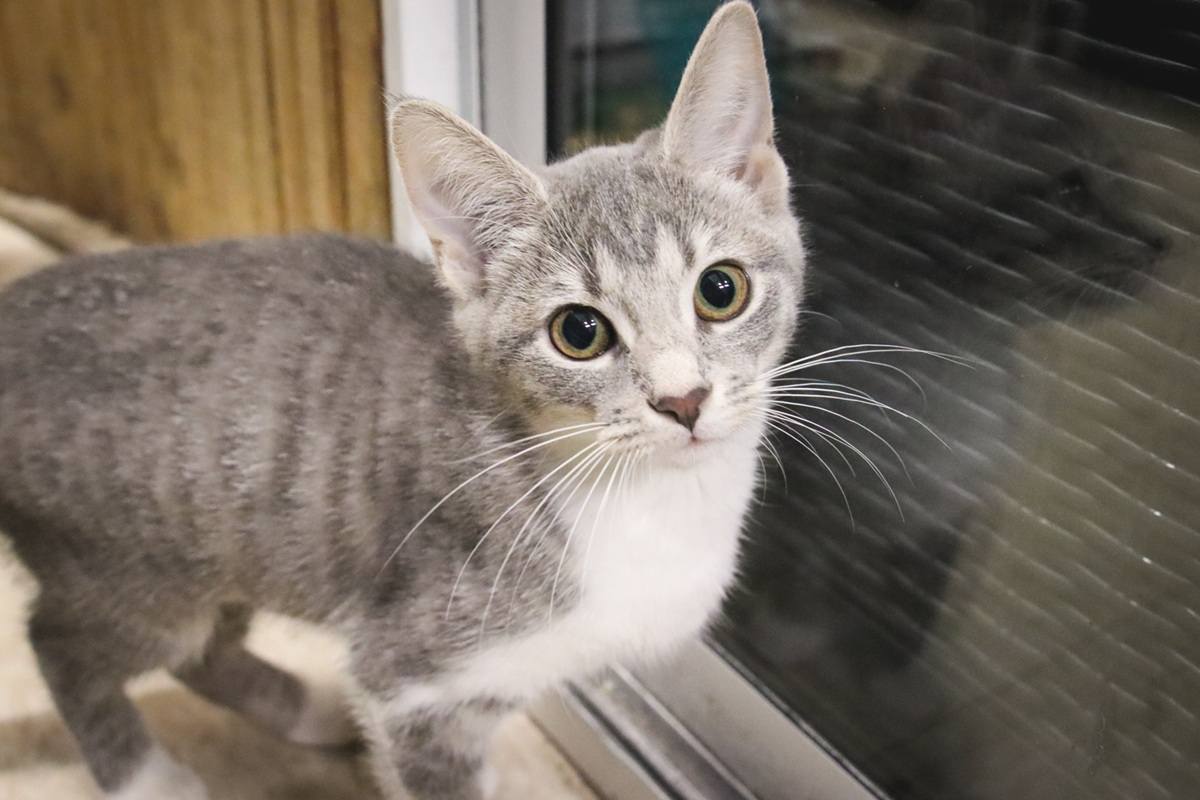
Your new kitten will need to be introduced to the rest of the household. Make sure you do so slowly and gently. Kirsten McCarthy / Cats.com
Other pets in the house can pose a threat to the new kitten. Introducing a new kitten to your current pets needs to be done very slowly. This is because a new kitten can be quite upsetting to resident pets and they could physically hurt the kitten.
Even if they don’t physically hurt them, it can cause a lot of stress for both the new and resident pets. For this reason, introductions need to be done slowly and should be well-researched. Ask your veterinarian for advice on this.
5. Supervise Interactions With Children
Babies and young children should always be supervised when interacting with the new kitten. They should never be left alone. This is because babies and young children don’t understand how to interact with the kitten.
Children can be quite rough and they might hurt the kitten accidentally. In return, the kitten might scratch or bite if they’re scared. Introduce the kitten to children slowly and encourage positive, gentle interactions.
6. Check Your House Plants
Before your kitten explores your house, be sure to check your plants. This may seem like an odd recommendation but believe it or not, many plants are harmful to cats. For example, lilies are extremely poisonous to cats and they only need to ingest a tiny amount for them to cause kidney damage.
Other examples include daffodils, holly, mistletoe, rhododendrons, and azaleas. Check if any of your household plants are poisonous and if in doubt, give them to someone without cats.
7. Prevent Outdoor Access
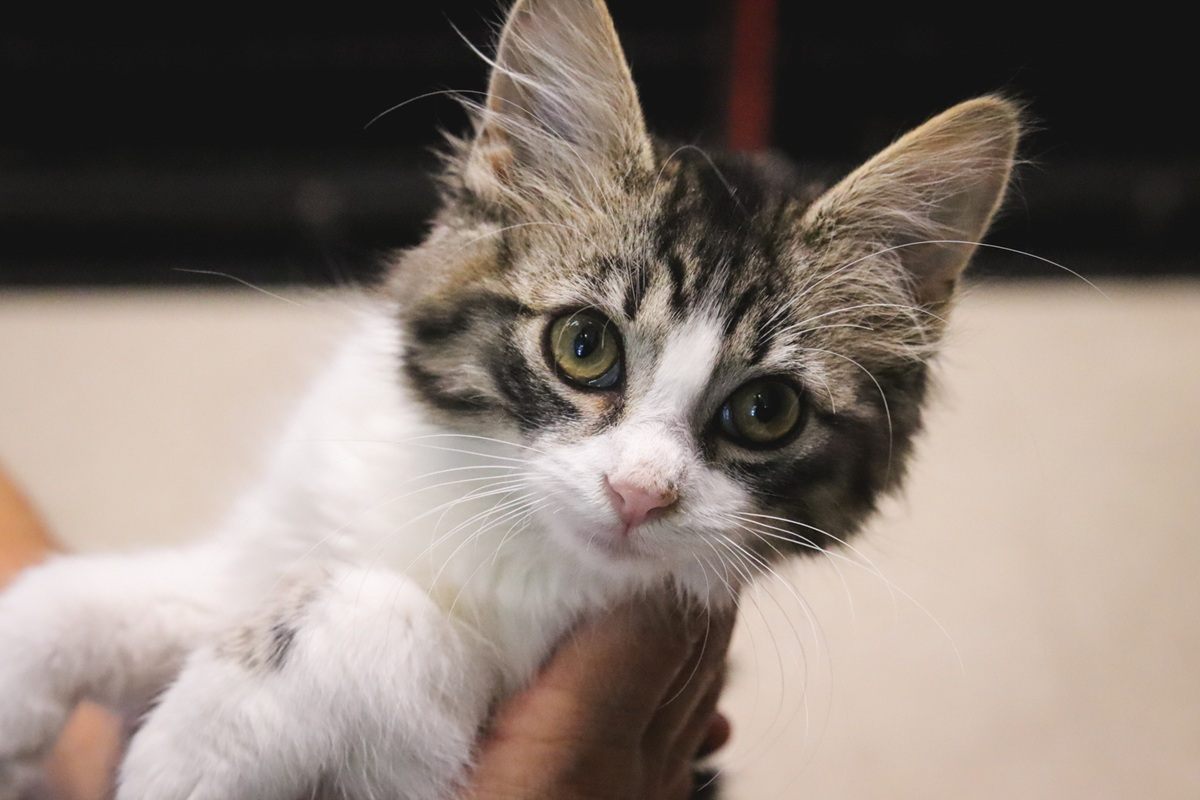
The outdoors is a big place for such a little kitten. Allow them to get used to their living quarters before letting them explore outside. Kirsten McCarthy / Cats.com
Your kitten needs to get used to your house when they first move in. They get used to the smell, sounds, and where their food, water, bed, and other items are. For this reason, kittens should be kept indoors for at least a few weeks. Ideally, small kittens should be kept indoors until they’re older, fully vaccinated, and neutered.
The outdoor world can pose a lot of threats to a small kitten. Kittens can get outside by accident through open doors and windows. Prevent accidental escape with the use of baby gates, window nets or secure screens, safety latches, or putting the kitten into a room if doors will be open.
8. Avoid Poisonous Household Items
Apart from harmful everyday foods and sharp objects, they are some other household items that can pose a poison risk. Some everyday items can be poisonous or toxic if ingested and this includes; cigarettes, electronic cigarette liquid (vaping), human medication, cleaning products, bleach, pesticides, antifreeze, and liquid diffusers, to name a few. Keep anything harmful out of your kitten’s reach and safely locked away.
9. Be Careful of Water
To avoid the risk of drowning, always keep the toilet bowl lid closed or prevent access to the bathroom. Empty any mop buckets and avoid deep containers of water around the house. Kittens aren’t natural swimmers, and there is a risk they could drown if they accidentally fall into the water.
10. Prevent Choking
Many household items can pose a choking risk. The most common one is blinds that have dangling cords that can get caught around the kitten’s neck. Check your house for any potential risk and minimize the risk wherever you can when you kitten-proof your home.
11. Avoid Doorway Injury
Many kittens have been injured by a slamming door. Because they are so small, they can be easy to miss and get caught in the door, causing injury. Avoid this risk by using door stops and making a habit of closing doors slowly. Always check behind you! Also, be careful about closing the doors of dryers, dishwashers, washing machines, ovens, and refrigerators. Check where the kitten is first to prevent any injury.
12. Check the Sofa

Recliners are particularly dangerous for kittens. They can crawl inside of them or get caught in the furniture. Kirsten McCarthy / Cats.com
Finally, another common injury that I’ve seen happens when kittens get caught in a recliner sofa or chair. Be mindful of recliner chairs and sofas, and always check before you close them, as kittens can climb into the sofa.
Veterinary Check Up
Now that you know how to kitten-proof your home, you’re nearly ready to get a kitten! It’s important to get your kitten checked out by your veterinarian when you get them. This is particularly important before you introduce them to other pets or children. They might have parasites that could spread to your pets or a fungal infection (ringworm) that can spread to humans.
Your vet will give your kitten a full check-up. This might include treatment for common parasites. They might also start vaccinations and discuss neutering with you.
Frequently Asked Questions
How do I kitten-proof my living room?
Avoid sharp or breakable items within reach of your kitten, hide any exposed plugs or wires, and use a baby gate if you want to keep your kitten from going into certain parts of your house.
What should not be left around kittens?
Don’t leave poisonous items (such as plants or cleaning products) around your kitten. Anything sharp or breakable should also be kept away from your new pet. Hide any wires and unplug any electrical items that you aren’t using.
Is it okay to let a kitten roam the house?
This is up to you, but generally, it’s advisable to keep your kitten only in a certain area of the house at the beginning. This allows them to get used to their new home. Make sure that your house is kitten-proofed before allowing them to roam around.
Where should a kitten sleep at night?
Kittens can sleep anywhere, as long as it’s safe and warm. Ideally, they should be kept away from other pets and children until they’ve settled in properly.

